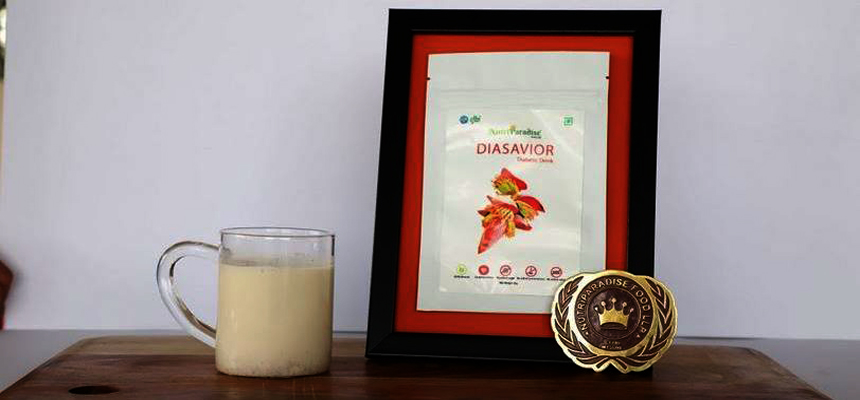PROTECT YOUR LUNGS FROM WINTER WOES

Winter is upon us, and the sudden drop in temperatures is bound to trigger off a variety of respiratory problems. These respiratory ailments can affect both the upper and lower respiratory tracts.
Says Dr. Ramana Prasad, Pulmonologist at KIMS Hospital, “It’s important to be vigilant and to interpret the symptoms accurately, so as to receive timely treatment for respiratory ailments, as nowadays Swine Flu, Influenza, and Viral Pneumonia present with the exact symptoms of a cold, i.e. runny nose, sneezing, throat pain, and high-grade fever. Going for a checkup and getting a Chest X-ray and CBP done, can help with the correct diagnosis of your ailment.”
 “Respiratory illnesses and infections can come with change of weather, change in food habits and even change of location or travelling to another place,” says Dr. Ramana Prasad. “People suffering from Rheumatoid Arthritis, Sarcoidosis, etc., should be particularly vigilant about their lung health.”
“Respiratory illnesses and infections can come with change of weather, change in food habits and even change of location or travelling to another place,” says Dr. Ramana Prasad. “People suffering from Rheumatoid Arthritis, Sarcoidosis, etc., should be particularly vigilant about their lung health.”
Arresting infections while they are still in the upper respiratory tract is important to keep your lungs infection-free during this winter season.
However, prevention is always better than cure. As flu is rampant during the cold weather, you can consult your doctor about the advisability of taking a flu shot. The vaccine, which costs around Rs.500, reduces the risk of contracting the flu, by up to 60%. Even if you do get infected, the vaccination reduces the intensity of the symptoms like a cold, runny nose, congested lungs, etc. Asthmatics may also be advised to take a pneumonia vaccine.
Some easy, practical prevention methods include washing/sanitising one’s hands frequently, especially when exposed to others with colds and coughs. When you’re outdoors, make a conscious effort to only breathe through your nose, and not through your mouth, as your nose warms up the air for the lungs, and spares you the risk of contracting a cold or other infection.
“People should avoid crowded places during the winter when there is a risk of infection,” advises Dr. Ramana, “and they should switch their morning walk to an evening walk. However, if they are very particular about getting their daily intake of fresh morning air, then it’s better to go outdoors only when the sun is up, so as to avoid any adverse effect on the lungs. Covering the nose with a scarf is also necessary, and as an added precaution, use an air purifier in the house.”

 Disclaimer: Welthi.com does not guarantee any specific results as a result of the procedures mentioned here, and the results may vary from person to person.
Disclaimer: Welthi.com does not guarantee any specific results as a result of the procedures mentioned here, and the results may vary from person to person.









